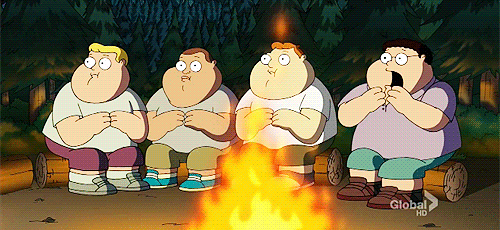10,000 Hours of Education History….And Counting
In early 2000 E. D. Hirsch, Jr, the developer of the “Core Knowledge” curriculum, said this about the growing importance of reading tests: “If you want students to do well on reading tests, they should read, read, read. Not spend time practicing taking reading tests.”
That interview is in the Learning Matters archive.
Some 25 years earlier I asked John Holt, the ‘deschooling’ advocate, a similar question.
Have you ever actually taken a reading achievement test and gone through it question by question and looked at the answer sheet to see what kinds of answers are declared to be right? Very instructive experience. It hasn’t got anything to do with reading. It has a lot to do with how to answer reading tests. ….
There are a number of things you can’t test on reading tests. One is how adventurously children read. Because good readers are adventurous readers. Kids who read well–you know, kids who wind up reading four and five years ahead of grade level, love books–they are the kids who are always reading books that are too hard for them. Because they don’t worry about what they don’t understand. But kids who are always being tested on their reading learn to read only what they can be sure they can answer all the questions about. So they don’t read adventurously, and so they become ‘not good’ readers.
You can’t test the adventurousness of reading. You can’t test how deeply kids respond to what they read, how real what they read is. It’s not testable. And those are the only things, the only things, that are important. If you get kids reading for the wrong reasons, you insure that they will not read for the right reasons.
His response is also in our archive.
In 1978 I asked Professor Jeanne Chall, the author of “Reading: The Great Debate,” when parents ought to begin reading to their children (I had a 3 ½-month old daughter at the time), she had this to say:
Oh, I think you could start at 8 months of age. I’m not kidding. I’m not kidding, because I have seen 9-month-old children, 10-month-old children with little books of their own, fabric books, and I see them get up in the morning when everyone else is asleep and they play10,000 Hours of Education History….And Counting | Taking Note:

